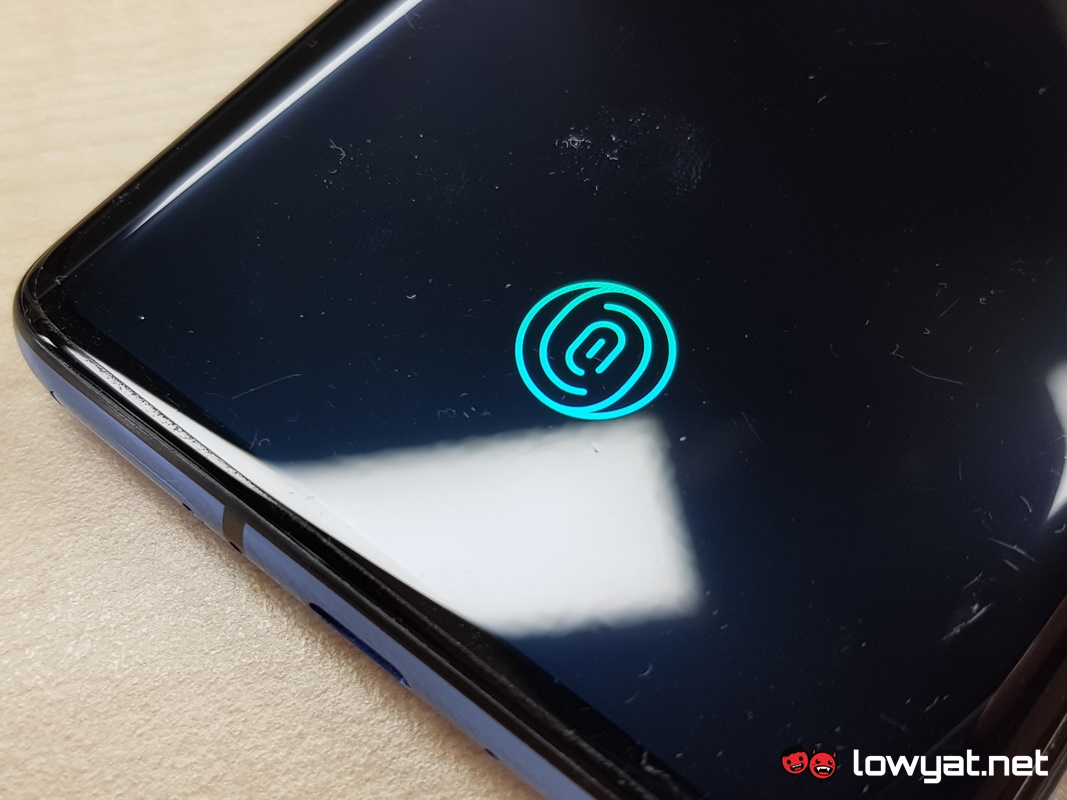
Android 16 May Introduce Screen-Off Fingerprint Unlock To Pixel Phones
- 24.03.2025 01:47
- lowyat.net
- Keywords: Android 16, Google Pixel phones, Screen-Off Fingerprint Unlock
Android 16 introduces Screen-Off Fingerprint Unlock for Pixel phones, letting users unlock their device without waking the screen. The feature was found in developer previews and later expanded to more devices, though Google may remove it in the final release.